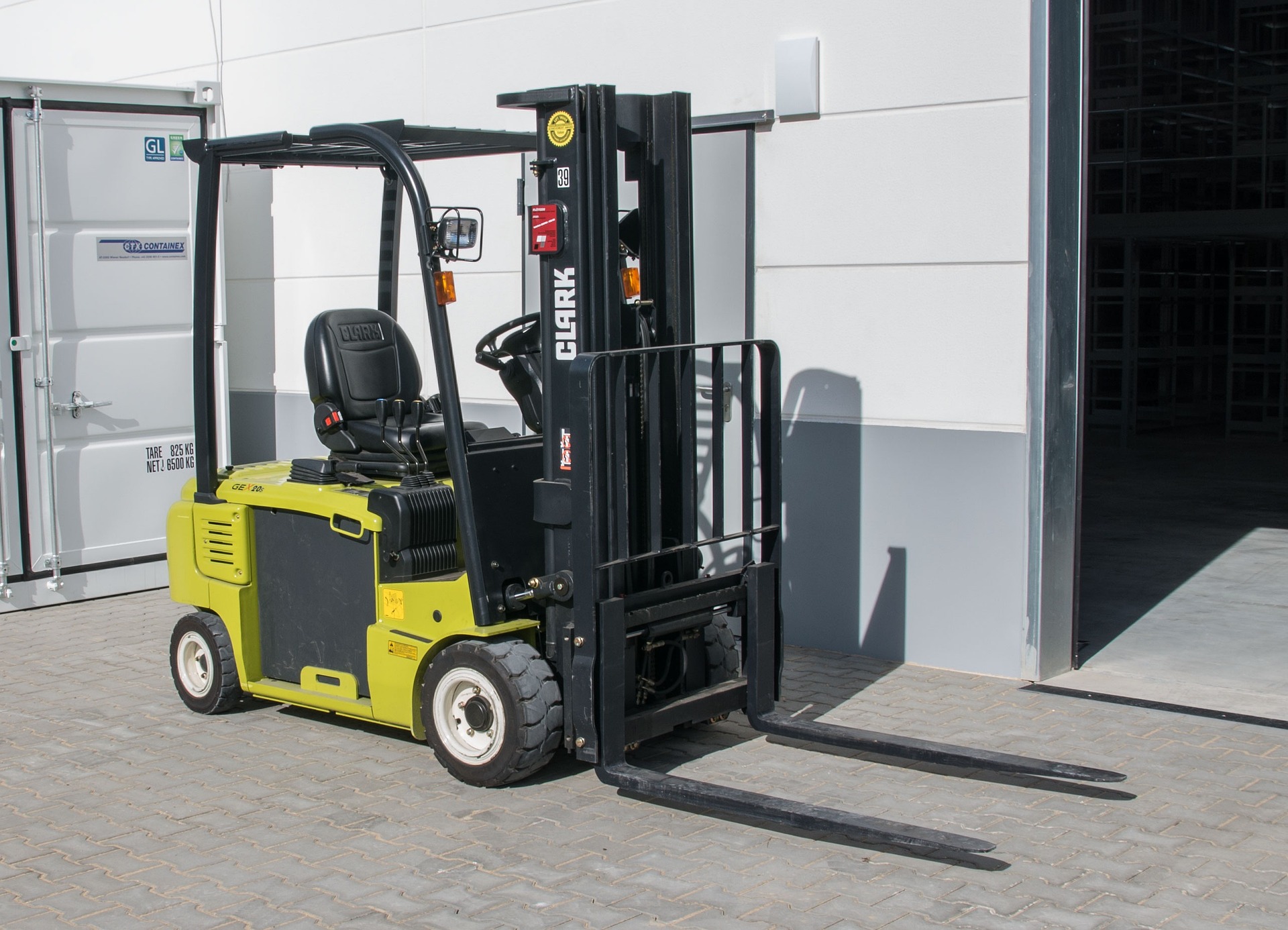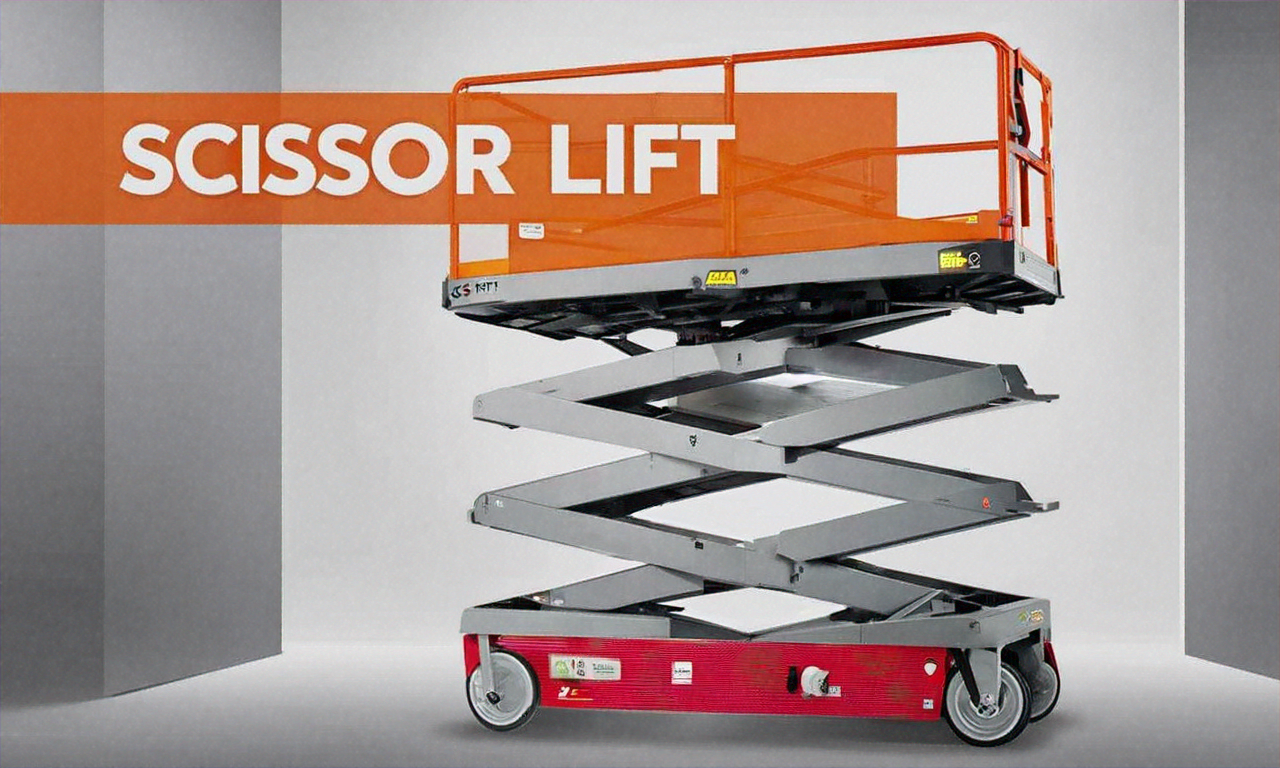Explore helpful tips on small trailers for daily use
Small trailers have become increasingly popular among individuals seeking versatile transportation solutions for their daily activities. Whether you need to haul equipment for work, transport recreational gear, or move household items, understanding the right trailer features and selection criteria can significantly improve your daily efficiency and convenience.

Small trailers offer practical solutions for countless daily transportation needs, from hauling work equipment to weekend recreational activities. Understanding the key features and selection criteria helps ensure you choose the right trailer for your specific requirements.
Discover versatile small trailer options
The market offers numerous small trailer configurations designed for different purposes. Utility trailers typically range from 4x6 feet to 6x12 feet, providing enclosed or open-bed designs suitable for general hauling needs. Enclosed trailers protect cargo from weather and theft, making them ideal for valuable equipment or materials sensitive to moisture. Open trailers offer easier loading access and better visibility while towing, perfect for landscaping materials, furniture, or recreational equipment.
Specialty trailers cater to specific needs, including motorcycle trailers with built-in ramps, boat trailers with marine-grade components, and equipment trailers featuring heavy-duty suspension systems. Car hauler trailers accommodate vehicles, while dump trailers provide hydraulic lifting capabilities for construction materials or yard waste.
Understand essential features for daily use
Several critical features determine a trailer’s suitability for daily use. Weight capacity represents the maximum load a trailer can safely carry, typically ranging from 1,000 to 7,000 pounds for small trailers. Tongue weight, usually 10-15% of total trailer weight, affects vehicle handling and requires proper hitch selection.
Axle configuration impacts stability and load distribution. Single-axle trailers offer maneuverability and lower costs, while tandem-axle designs provide better weight distribution and improved stability at higher speeds. Suspension systems, including leaf springs or torsion axles, affect ride quality and cargo protection.
Braking systems become essential for heavier loads. Electric brakes activate through the tow vehicle’s brake controller, while surge brakes operate automatically when the trailer pushes against the hitch during deceleration.
Get practical tips for efficient transport
Proper loading techniques maximize safety and efficiency. Distribute weight evenly across the trailer bed, placing heavier items toward the front to maintain proper tongue weight. Secure all cargo using appropriate tie-downs, straps, or nets to prevent shifting during transport.
Regular maintenance ensures reliable operation. Check tire pressure monthly, as underinflated tires reduce fuel economy and increase wear. Inspect wheel bearings annually and repack them as needed. Examine lights, wiring connections, and safety chains before each use.
Understanding local regulations prevents legal issues. Most states require trailers over certain weights to have registration, lights, and safety equipment. Some areas mandate trailer brakes for loads exceeding specific weight thresholds.
Explore designs that fit your lifestyle
Lifestyle considerations influence trailer selection significantly. Urban users often prefer compact, lightweight options that store easily and maneuver through tight spaces. Folding trailers collapse for garage storage while expanding to full size when needed.
Outdoor enthusiasts benefit from specialized features like removable sides, built-in toolboxes, or spare tire mounts. Contractors might prioritize durability, security features, and professional appearance. Weekend warriors often choose versatile designs accommodating various recreational equipment.
Towing vehicle compatibility affects design selection. Smaller vehicles require lightweight trailers with appropriate tongue weights, while trucks and SUVs can handle heavier configurations. Consider your vehicle’s towing capacity, including payload reduction when carrying passengers or cargo.
| Trailer Type | Typical Size | Weight Capacity | Price Range |
|---|---|---|---|
| Basic Utility | 4x6 to 6x10 feet | 1,000-2,500 lbs | $800-$2,500 |
| Enclosed Cargo | 5x8 to 6x12 feet | 1,500-3,500 lbs | $2,000-$5,000 |
| Equipment Trailer | 6x12 to 7x14 feet | 3,000-7,000 lbs | $3,000-$8,000 |
| Specialty Trailers | Varies | 1,500-5,000 lbs | $1,500-$6,000 |
Prices, rates, or cost estimates mentioned in this article are based on the latest available information but may change over time. Independent research is advised before making financial decisions.
Make informed choices for your needs
Successful trailer selection requires careful evaluation of intended use, budget constraints, and long-term requirements. Consider frequency of use, typical load types, and storage limitations when making decisions. Research local dealers, read user reviews, and inspect trailers in person before purchasing.
Warranty coverage varies significantly between manufacturers, affecting long-term ownership costs. Some companies offer comprehensive coverage including structural components, while others provide limited warranties on specific parts. Extended warranty options may provide additional protection for heavy-use applications.
Financing options include dealer financing, personal loans, or cash purchases. Compare interest rates and terms from multiple sources to secure favorable conditions. Consider total cost of ownership, including registration, insurance, and maintenance expenses.
Small trailers represent valuable investments for individuals requiring flexible transportation solutions. By understanding available options, essential features, and selection criteria, you can choose a trailer that enhances your daily efficiency while providing years of reliable service. Proper maintenance and safe operating practices ensure optimal performance and longevity from your trailer investment.




